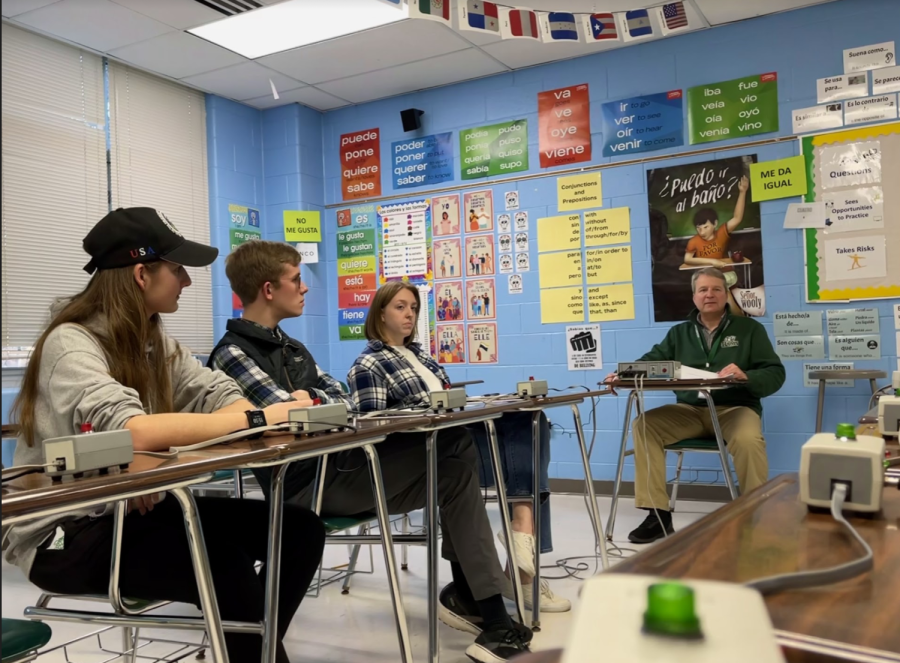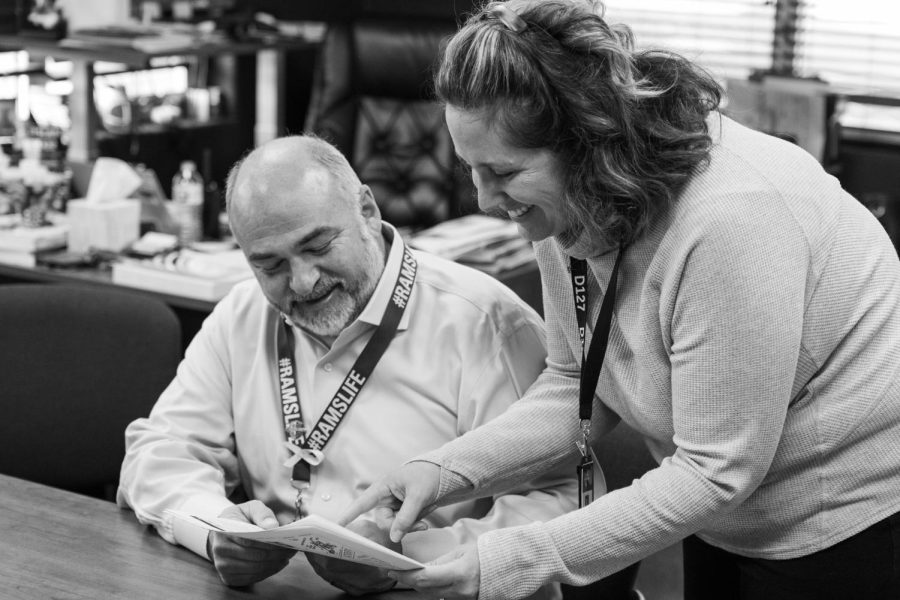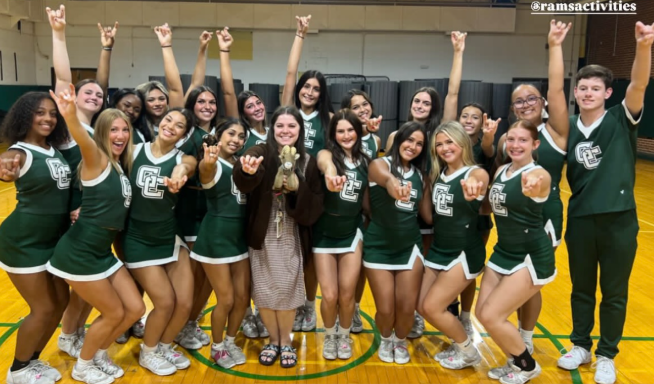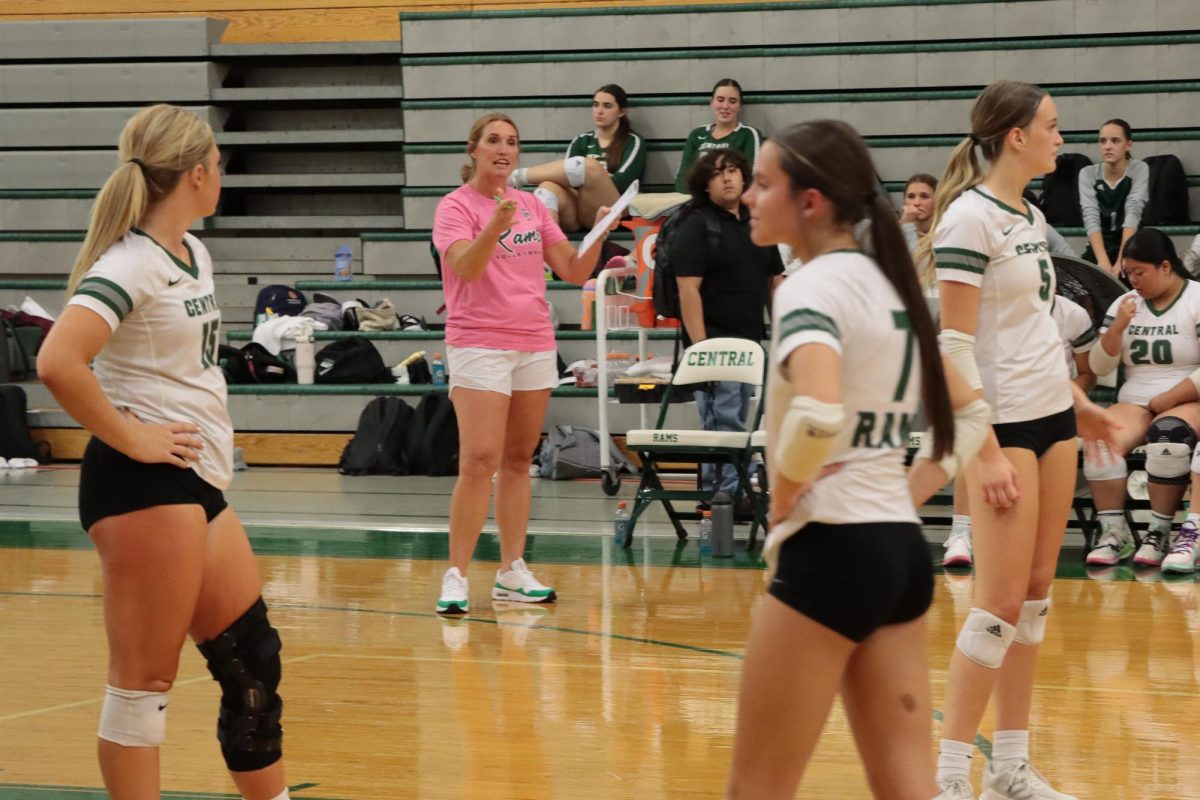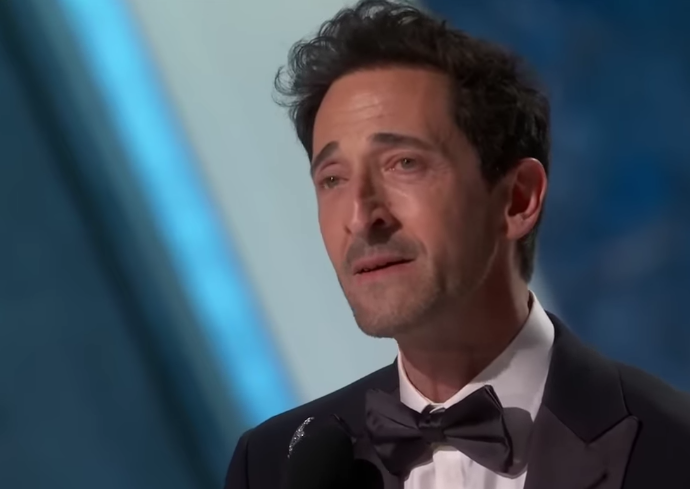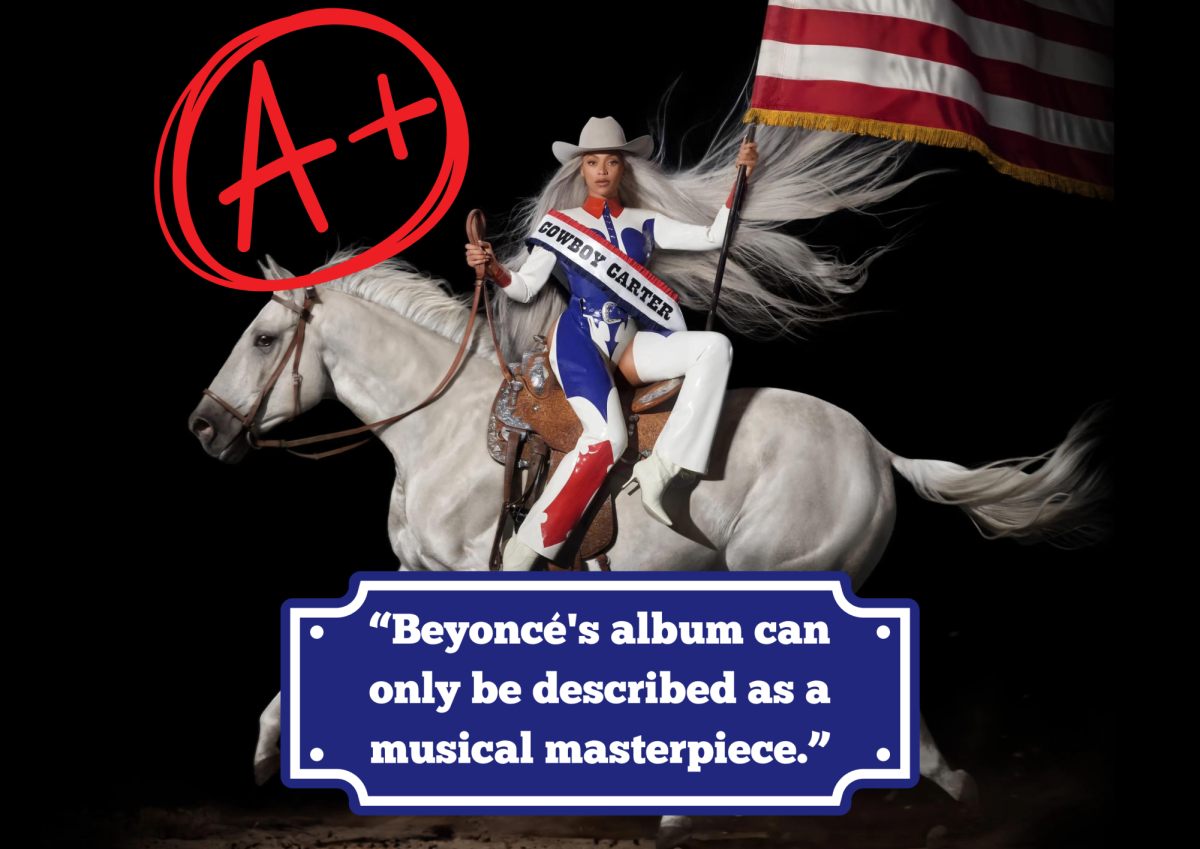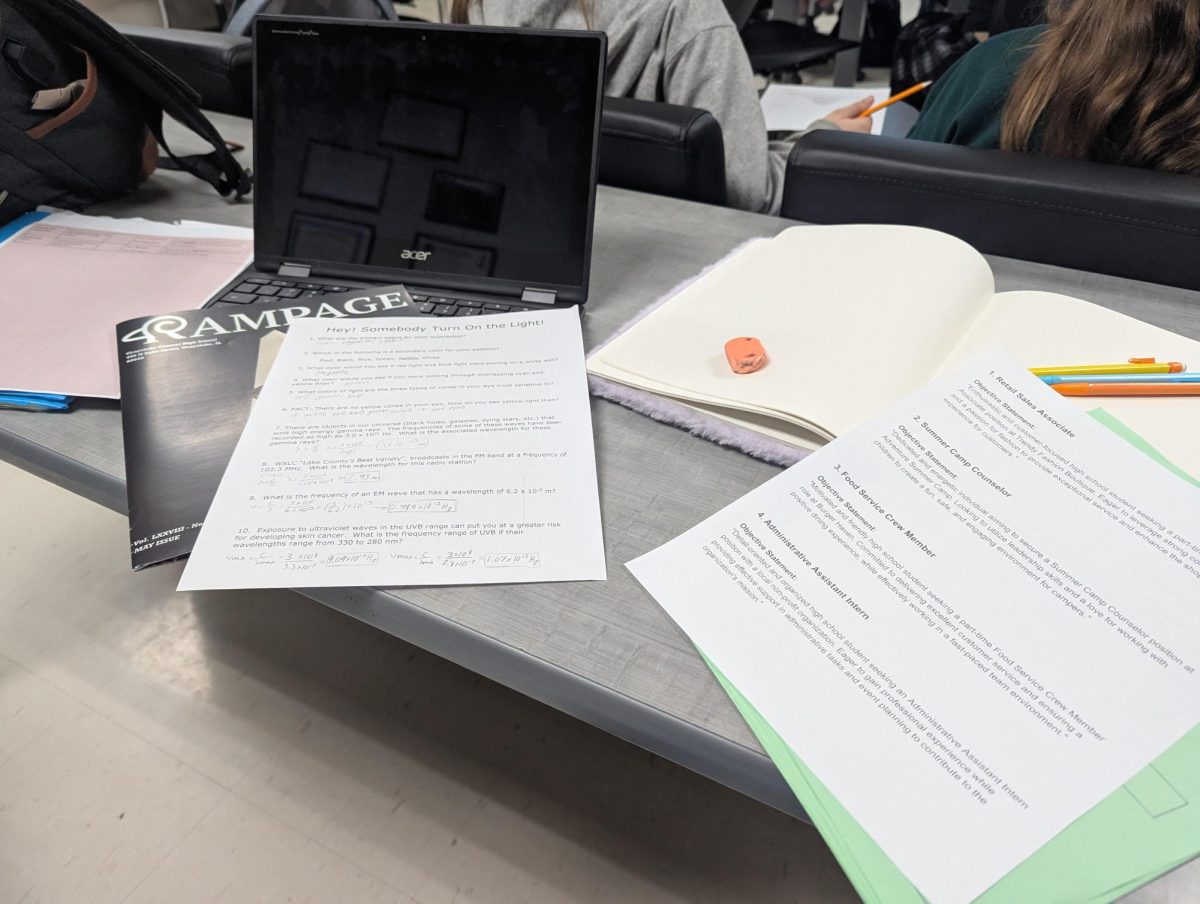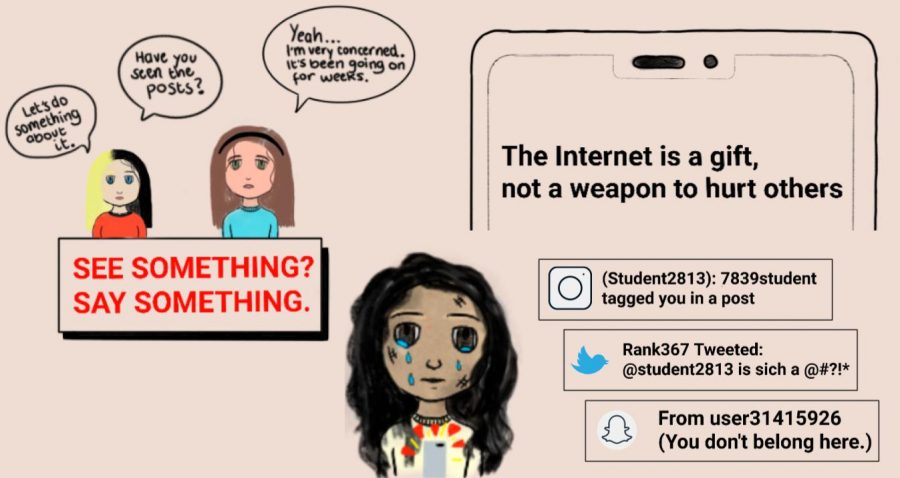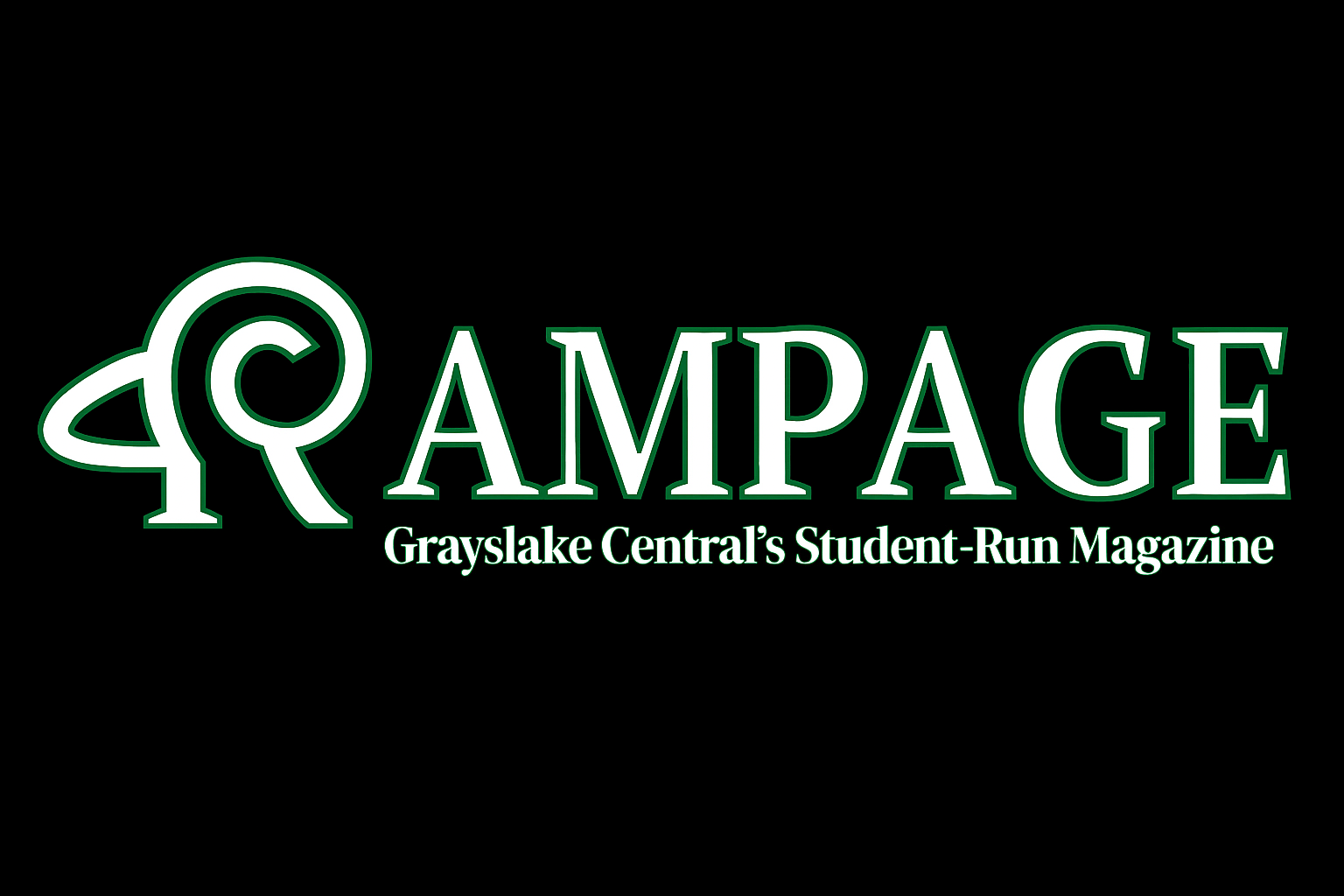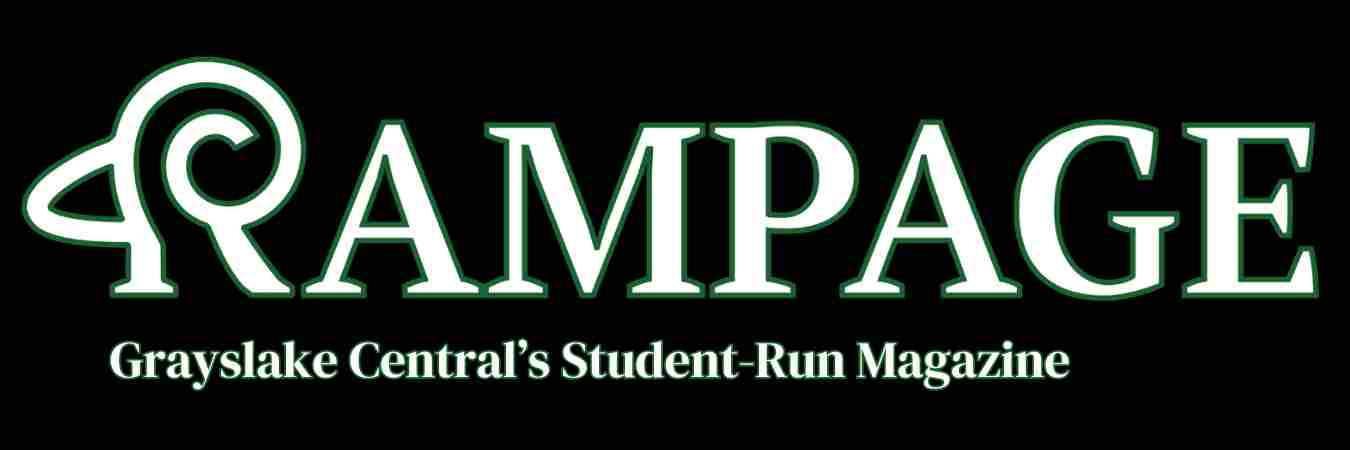Curriculum Prepares Students For Their Future
Centrals’ curriculum builds future skills
The D127 Curriculum’s primary goals are to help students build an understanding of the world around them, especially as they prepare to enter the next stage of their life.
May 16, 2022
As we see the end of the school year approach faster than ever, this time of year is usually seen as a reflection period among students and teachers. A common topic that has risen not only this year, but years in the past, is the school curriculum. Among GCHS students, it is widely believed that the school’s curriculum isn’t preparing the students for what is next after high school.
Senior Jakob Killian shared his views on potential reforms of the curriculum, explaining that “I feel like we should make it so it is more personalized for kids who know what they are going into,” Killian says. “For example, people who want to go into trades don’t have to sit through AP stats.”
Although AP Statistics may be an important subject to learn, it isn’t specifically necessary for a student interested in going into the trades. English department chair Melissa Thurlwell shared how the curriculum actually is preparing students for the next level. “We use the common core curriculum as a base, and we look at that to teach which skills are most relevant post high school,” Thurlwell explains.
Thurlwell extended her thoughts to a strategic approach when it comes to teaching the students of GCHS. “It’s especially important to be really strategic when it comes to the picking of skills. Your freshmen teacher should teach a skill that your sophomore teacher can build on and so on and so forth.”
Although some students struggle post-graduation, others find it to be a new area for growth. For example, getting a job sounds like a good decision, because you get to make money and meet some new people, however, come tax season, some people may not know how to file taxes because it is not taught in regular classes. Classes like Personal Finance or Entrepreneurship can better prepare students for managing their money, and also serve as graduation requirements under the heading of consumer education.
Killian elaborated on this issue, explaining that “We should really be on just teaching kids how to manage finances and how to invest and basic things like that,” Killian explained. “Even filing for taxes should be taught because a lot of people don’t know how.”
Even though the current curriculum has its pros and cons, overall the main goals of the D127 curriculum are to advance students’ knowledge and prepare them for whatever they may do after high school. While many may feel differently about the way they go about achieving this goal, at the end of the day the curriculum is able to give students an accurate understanding of big concepts and give them the tools they need to succeed long-term.













